Idoma is a significant tribe in Benue State, Nigeria. It is Benue’s second most widely spoken language. It is also the second-largest ethnic community in Benue state. Benue State is divided into three (3) zones: A, B, and C. The Tiv control Zone A and B, while Zone C is controlled by the Idoma. In this article, I will be sharing with you how the Idoma funeral rite is.
Idoma Funeral Process
The Idoma funeral rite is frequently followed by other traditional activities and involves a lot of procedures. In Idoma land, men and women, youths and children have various burial standards.
When an elderly person passes away in Idoma land, it is normally the duty of the clan’s oldest man, who is normally the first son or daughter of the deceased, to deliver the awful news to the community’s elderly. This is usually done with kola nuts and palm wine, which alerts the elderly that their father has passed away.
Afterward, the elderly will sit down and propose the burial arrangements. Sometimes, they may give the deceased family a few days to pick out a favorable date to avoid clashing with the community activities.
Once the date has been approved by the grieving family, the elders usually mobilize the community youth to begin excavating the grave. The culture demands that the youths should be given a he-goat, food, and drinks after or during the digging process.
But as soon as an old person stops breathing, their body is routinely taken to a mortuary although it is inappropriate to start a funeral service for an adult on the day of his or her death. The purpose of keeping the body in the mortuary was to allow time for a suitable funeral, as well as to avoid the smell and rotting of the body. But there is a local way of preserving the corps due to a lack of medical facilities such as a mortuary.
However, it depends on the family status. Whereas, if a youth gives up the ghost, they are buried instantly without time wastage because the culture doesn’t usually permit teenagers to be taken to the mortuary.
The process of preservation might also be carried out by family members in a specific local manner, such as smoking the dead body or undergoing embalmment, which would only keep the corpse from stinking or rotting for a few days.
The Idoma funeral rite usually takes place within two or three days of the obituary being published. A day before the final funeral ritual, the body is taken from the mortuary to the deceased’s home, and wake-keeping arrangements begin, which always start at night and last until daylight.
However, an elderly man or woman’s body must be buried with a white linen cloth in Idoma land. If a family member has died, the first son is called “Okpra”, and the first daughter is also called “Ada”, his wife, and his son’s in-laws must provide one white linen cloth. White linen cloth is used to cover or wrap the corpse before placing it inside the casket.
Also, only two linen clothes are essential for the burial; the rest can be kept and sold afterward. However, older adults are buried in a special black linen cloth from their first son, while younger people are buried in white sackcloth.
On the day of the final burial, the corpse is bathed by some groups of elders, after which the funeral rites commence with the family, a congregation of elders, relatives, friends, and well-wishers surrounding the casket, after which the ceremony begins with traditionalists performing rites accompanied by gunshots, and the corpse is eventually buried. But, praise God, religion (both Christianity and Islam) saved the people from these practices.
The ‘Alekwu’ cult performs rituals on the body after various arguments concerning the reason for death is reached, after which masquerades and other dancing groups frequently perform rituals on the corps.
In a case study of Christianity, a clergy frequently perform prayers and services, followed by offerings and tributes from family, relatives, friends, and well-wishers as a gesture of affection and a final goodbye.
Male corpses are been buried facing “Eno One” (East), whereas female corpses are buried facing “Eno Ochi” (North).
Post Funeral Rite
Following the Idoma funeral rite, the “Ai Anya” (old women in the clan) would return to the deceased’s home to warm the room and dance with the family members, sleeping there for seven or fourteen days depending on how close the relationship was.
During this time, the deceased’s children would come out one by one to dance and support the old women with money and other valuables, particularly kola nuts and drinks, at regular intervals.
In addition, depending on the status or age of the deceased, the post-burial ritual is usually held on the seventh (7th) or fourteenth (14th) day after the corpse has been buried.
Memorial Day
The final Idoma funeral rite, also known as “memorial,” can be performed on any day after the body has been laid to rest, but they are usually performed one year after the corpse has been buried.
During this moment of Memorial Day, the home-calling funeral rite, also known as the “manliness rite, “will be performed early in the morning on the day of the final burial and will cost the family a he-goat, rooster or male chicken .
It means calling home the deceased from his farm because, it was believed that once a man died, he would go and stay on his farm. If not, until this sacrifice is made, the man might remain there and be capable of killing his siblings in the future.
On this final day, all of the deceased’s first sons and first daughters, with a strong wrapper tied around their waist, and his friends, would prepare and walk to the deceased’s farm with holes and cutlasses, with the first son leading the way in the front during the home calling sacrifice.
The he-goat would be strangled and returned home. But if it’s a rooster or male chicken, it’ll be strangled, roasted, and eaten right there on the farm. Once that’s done, they’ll start heading back home with firewood and other items, with no one expecting to look back since it’s believed the father would follow them.
However, if the deceased’s family is upbeat, a cow can be killed and shared amongst them. However, as Christianity and Islam arose, the culture began to fade away, and as a result, no record of this tradition was ever retained.
Conclusion
Christianity and Islam have taken hold of the Idoma people’s beliefs, and the Idoma’s funeral rite is gradually becoming more modern. Without articles like this, no one can know how funeral rite is being performed.
The Idoma people used to grumble about the conversion of Paganism to Christianity, which went against the people’s native cultures and traditions. However, I suggest that a people’s culture and traditions should be adaptable. It should be updated regularly to reflect changes in people’s socioeconomic circumstances.
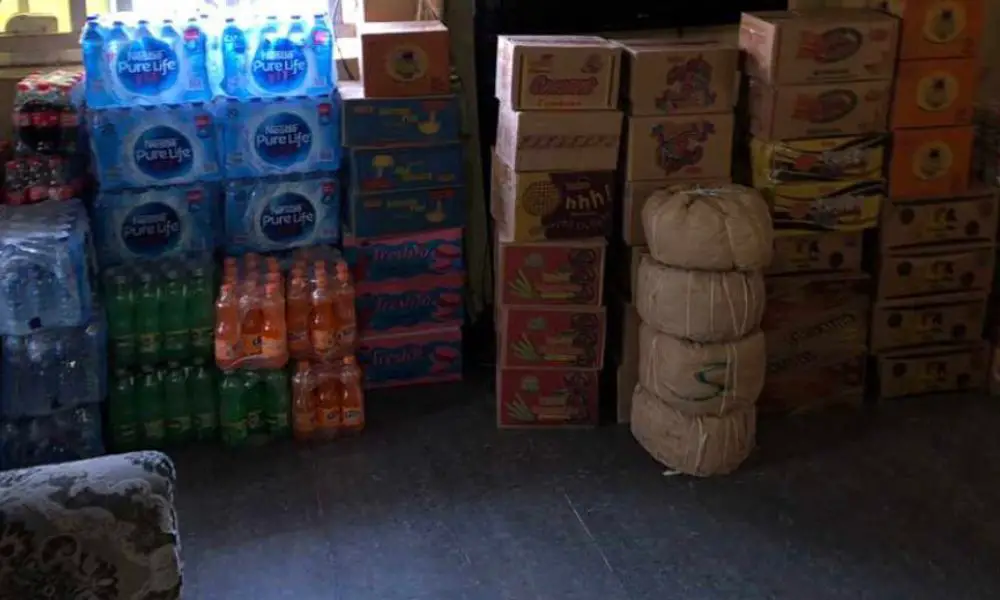

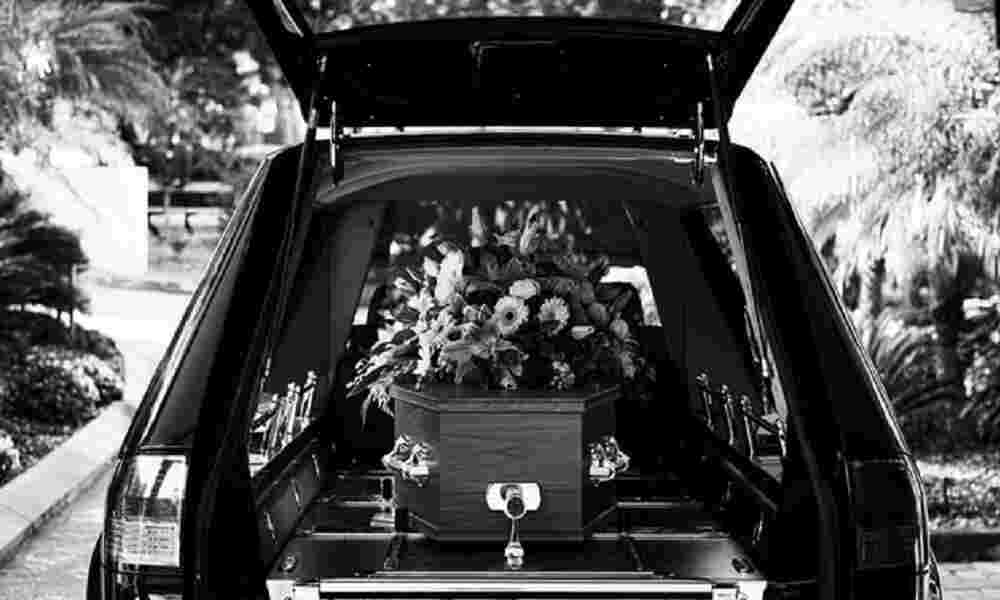
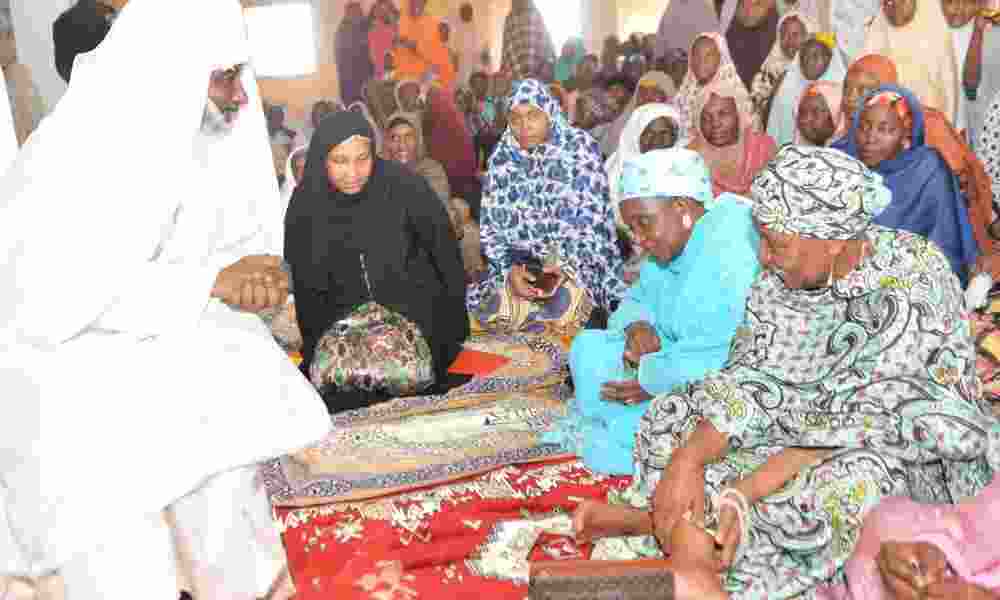
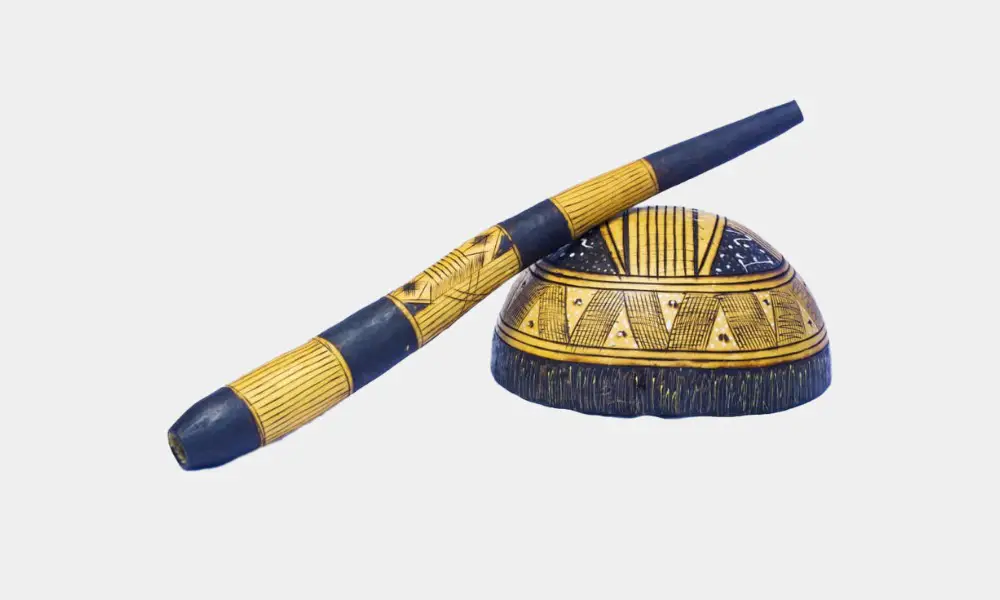
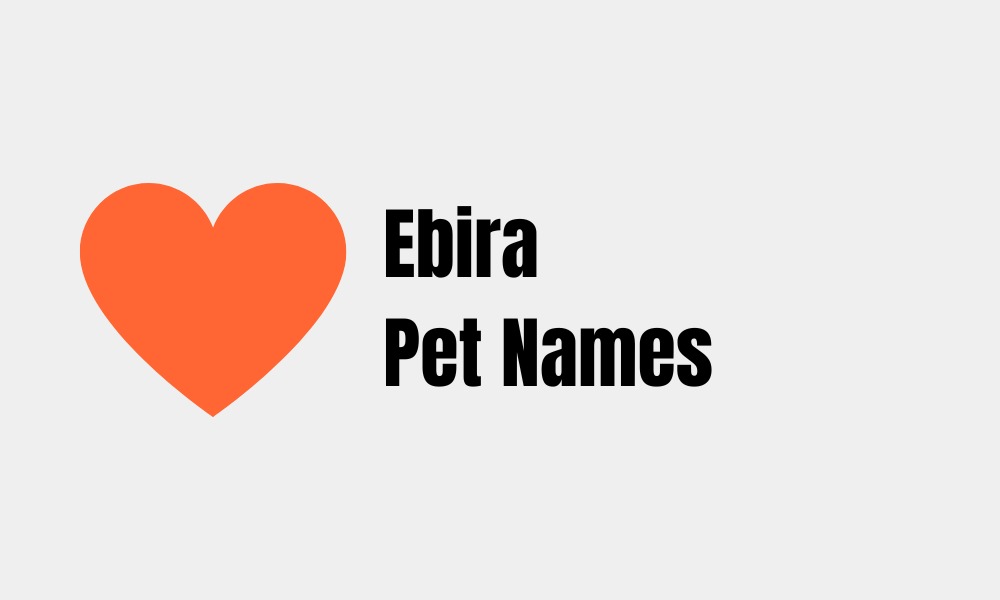



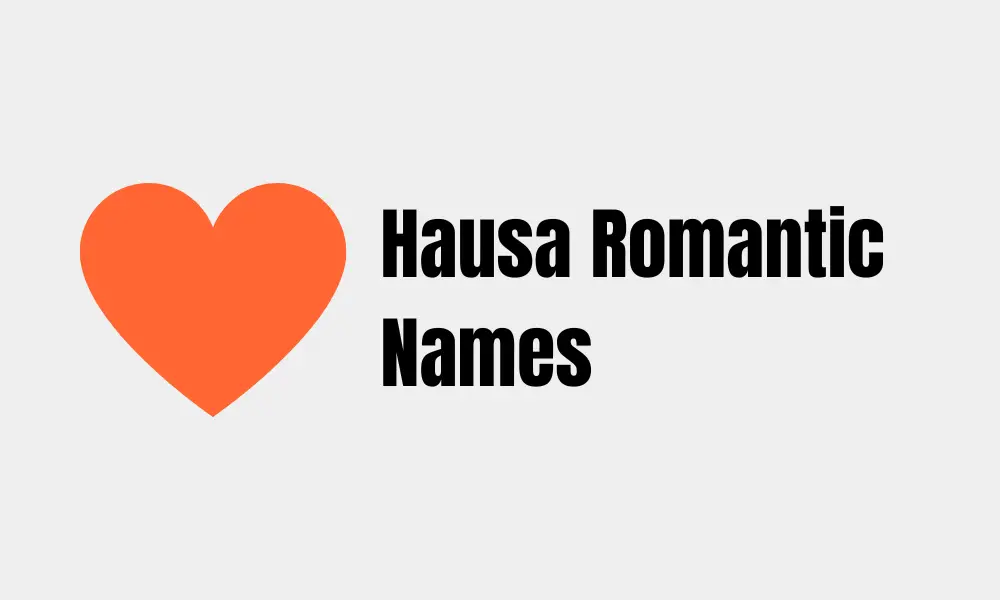
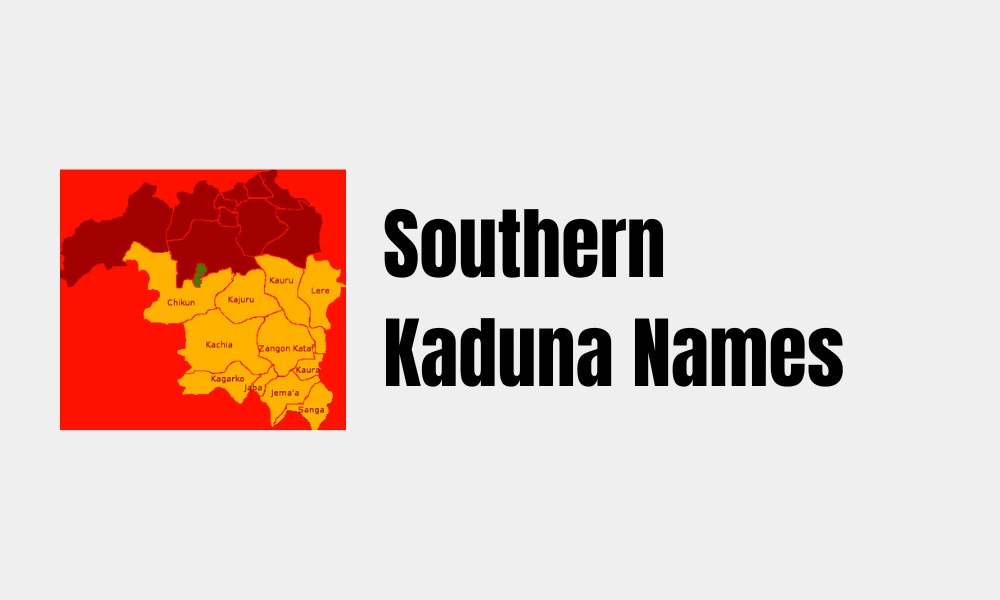

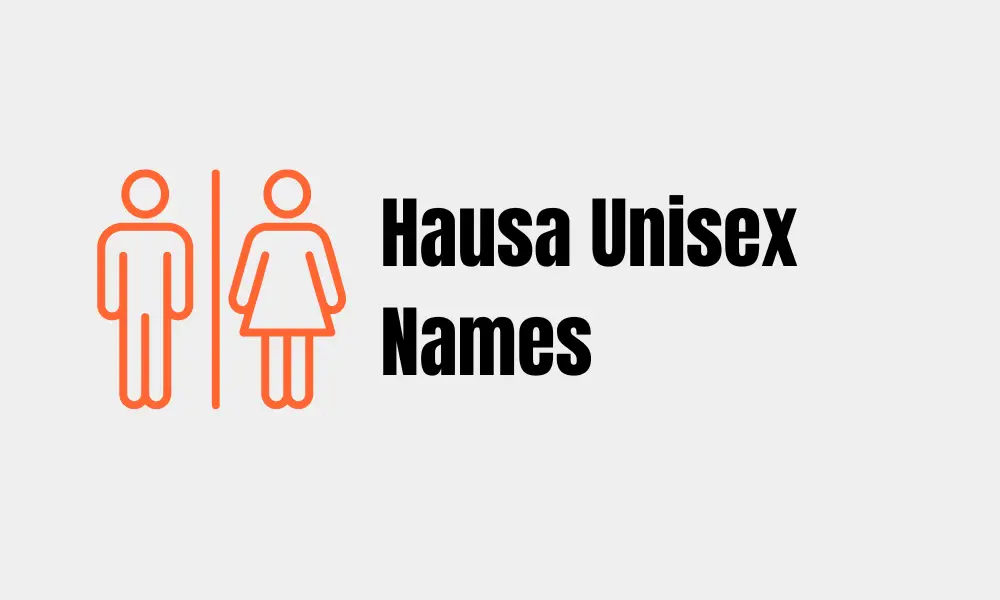
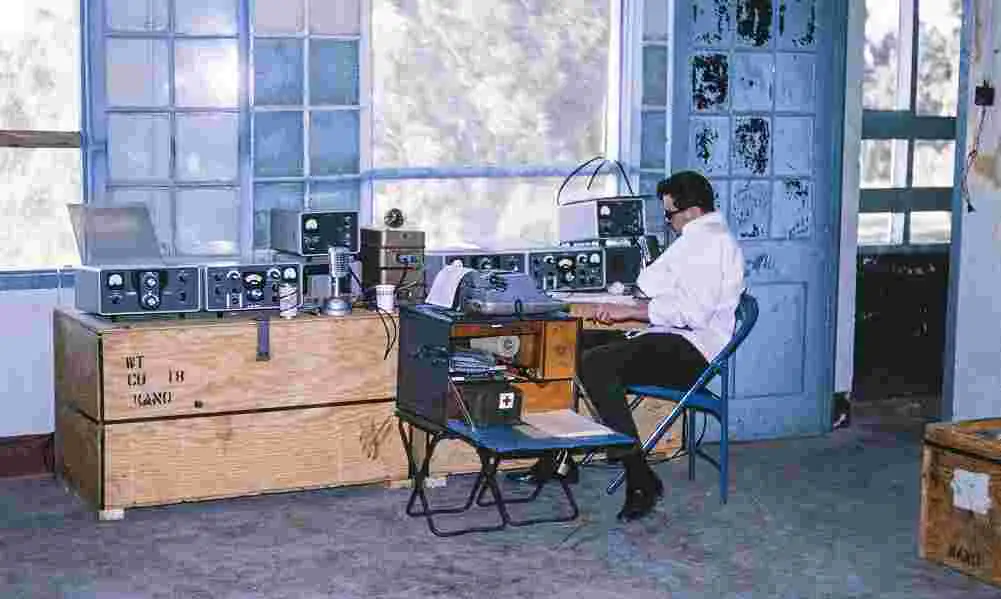
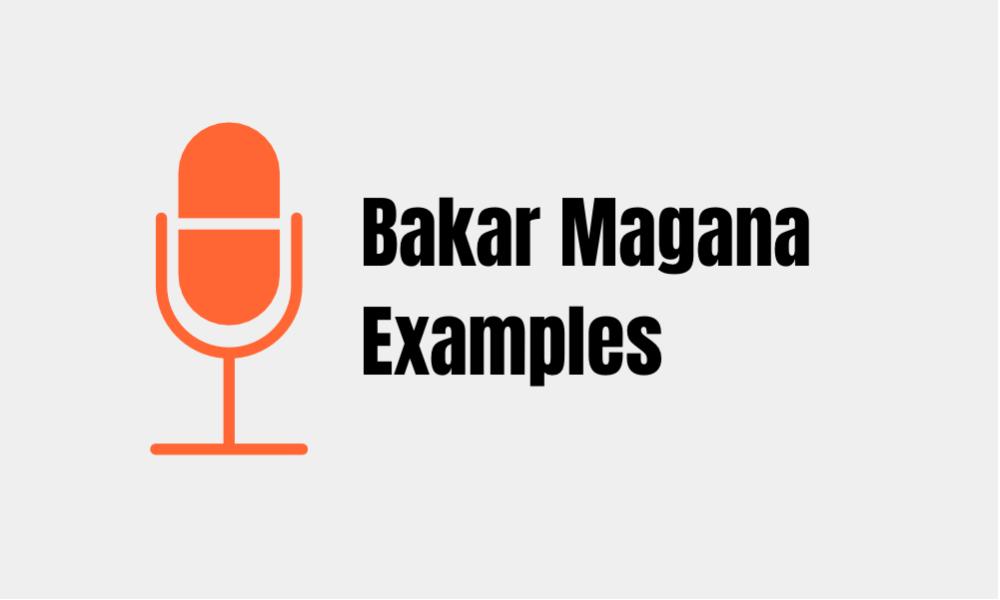
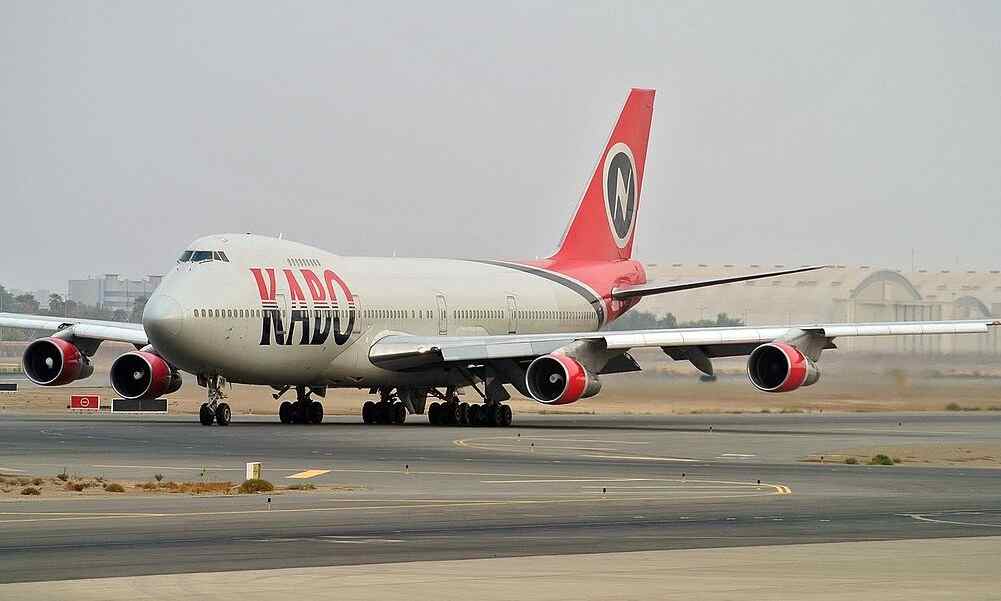
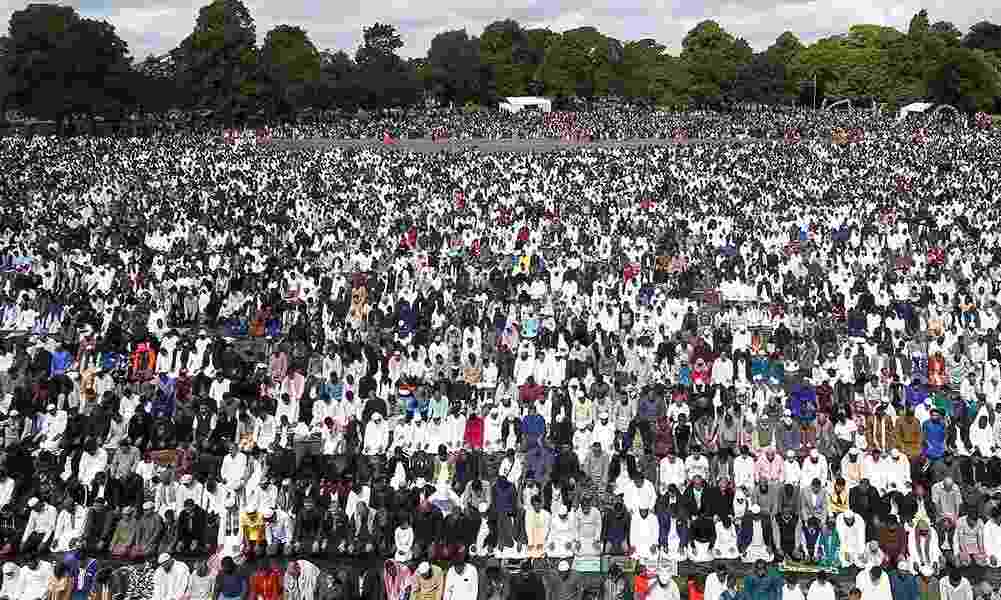
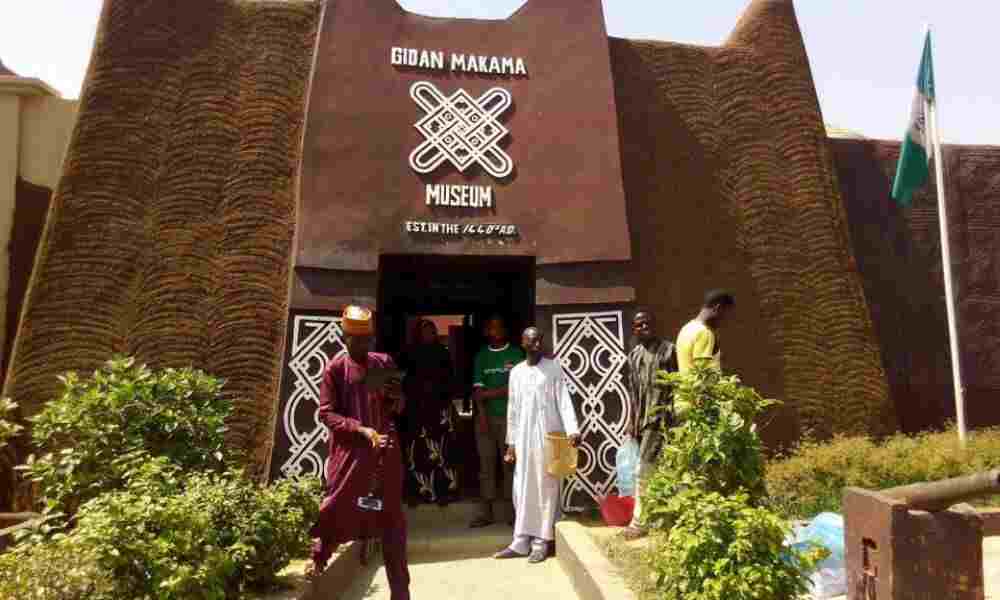
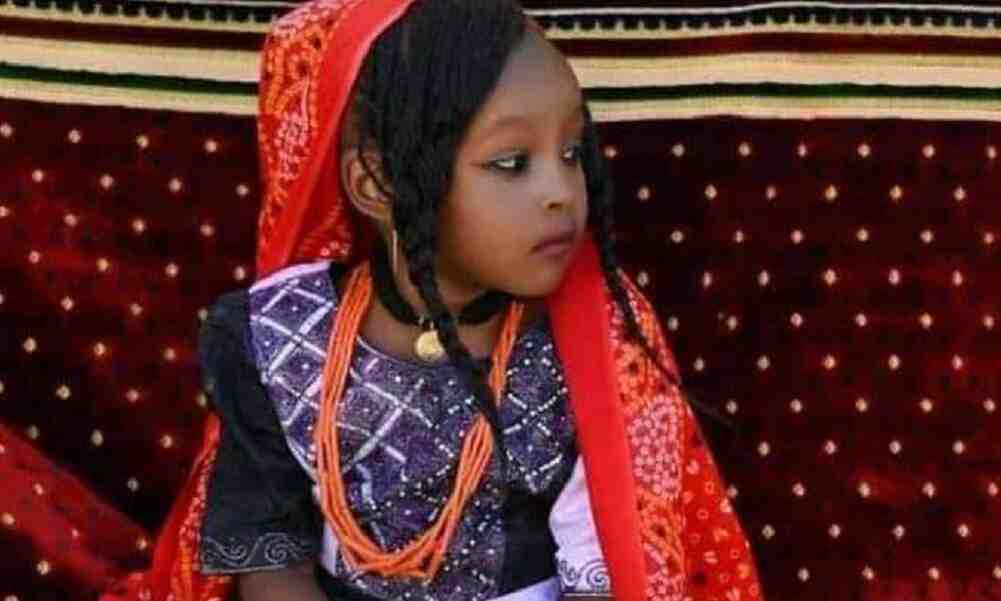
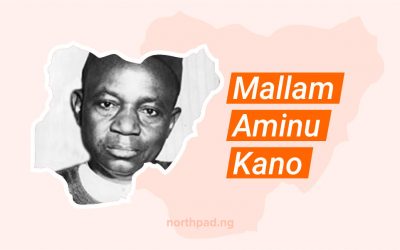
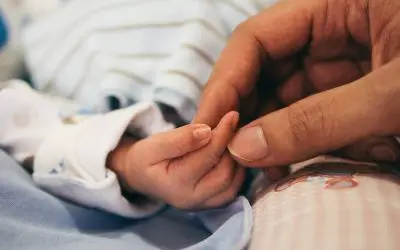
0 Comments